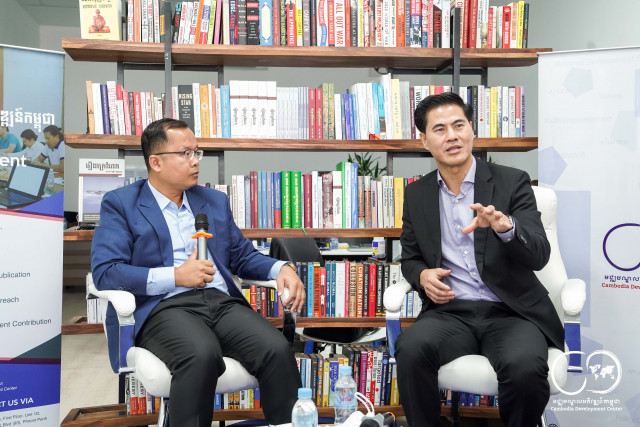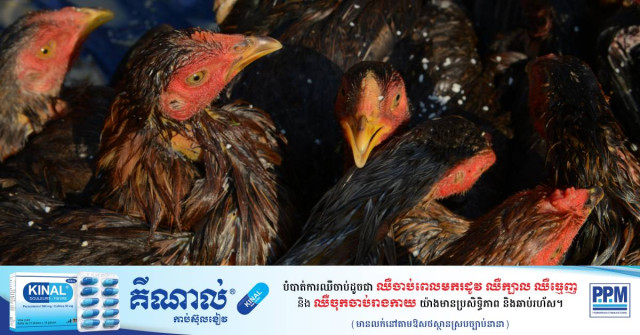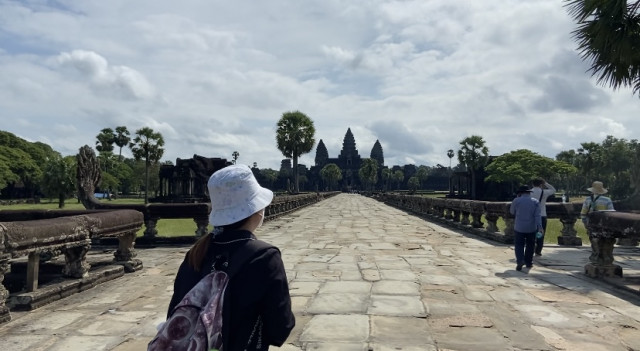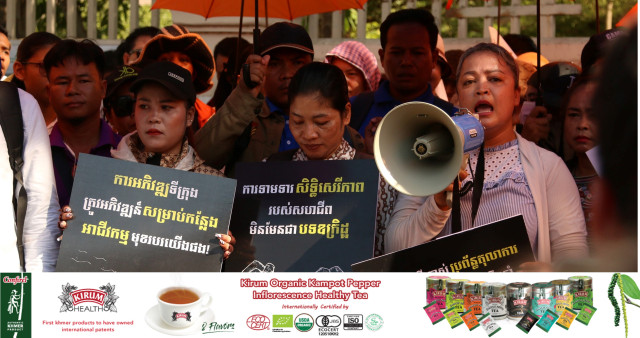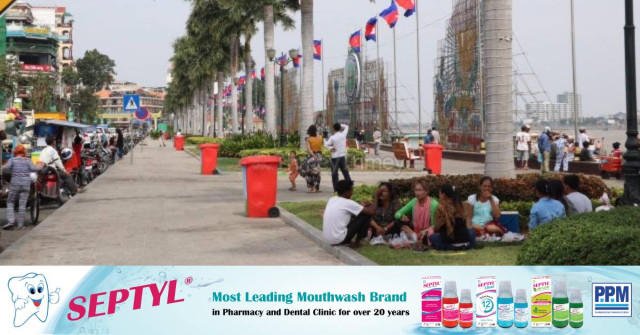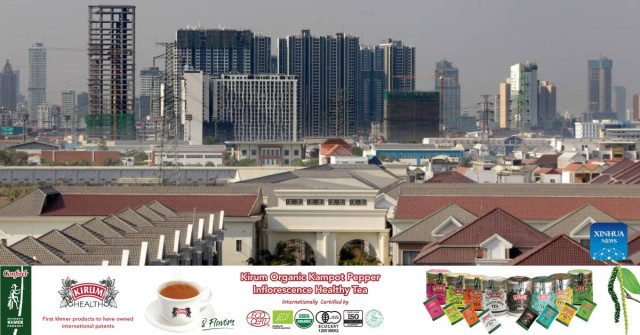Famous Khéma Angkor Closes, Customers Sharing Fondest Memories of Siem Reap’s Institution
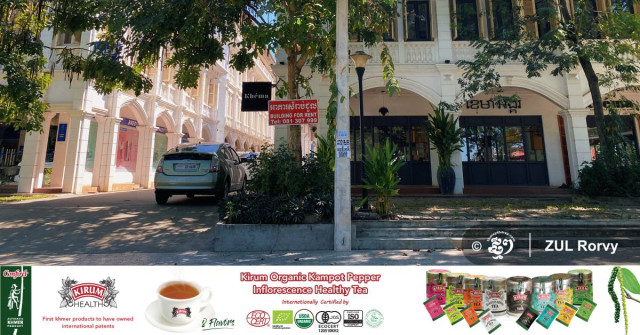
- By Teng Yalirozy
- January 4, 2024 7:10 PM
PHNOM PENH – Customers rushing in and out as the room filled to capacity, waiters and waitresses scrambling to try and serve everyone... It was a common scene at the famous French restaurant Khéma Angkor, located in Siem Reap's Wat Bo village. But it won’t be happening again, as the in-house bakery and delicatessen shop has permanently closed its doors.
“It is with a heavy heart that we announce the closing of Khéma Angkor. Since our doors opened in December 2018, we've had the joy of serving our beloved patrons and visitors of Siem Reap for five wonderful years,” the restaurant announced on its Facebook page on Jan. 3.
Khéma Angkor was the third Khéma deli shop of the renowned Cambodian group Thalias Hospitality. It opened its doors in Siem Reap in 2018, in a historic colonial-style building located near the river.
The reason behind the closing was not revealed. But customers will still be able to enjoy the ‘legendary’ Khéma breakfast at Siem Reap’s Malis restaurant, which also belongs to Thalias.
Khéma Angkor’s supporters expressed their regret following the post, adding they had a wonderful experience dining in the restaurant with such friendly customer service. One of them said that he was satisfied with the service and the reasonably-priced food for over the last four years
“A huge loss to the city’s dining scene, to me it was a Siem Reap institution. Thank you to everyone at Khema who made it what it was,” a former customer commented on Facebook.
Some shared their photos taken in the restaurant while others expressed concerns over the 2024 economic situation in Cambodia, which pays the price of global tension and uncertainty.
_1704362828.jpg)
Khéma Angkor’s closure comes only three months after Lucky Supermarket, another of Siem Reap’s food supplier institutions, announced its permanent termination in October 2022. The city, which is located a few kilometers away from the Angkor Archeological Park, has been heavily impacted by the COVID-19 pandemic, which put the entire tourism industry on hold.
But Cambodia’s economic recovery might be on the way. Jay Peiris, division chief of regional studies of the International Monetary Fund’s Asia and Pacific Department, said during an IMF press briefing on Oct. 18, 2023, that Cambodia is predicted to experience a 6.1 percent economic growth in 2024.
While the World Bank’s predictions are more conservative, they are still encouraging, with Cambodia’s GDP expected to grow by 5.8 percent in 2024 and 6.1 percent in 2025.
Despite the uncertainty of the economic situation, there is optimism and a sign that Siem Reap could revitalize its economy through the tourism sector.
In November 2023, the average number of tourists who bought tickets to Angkor was higher with more than 3,000 passes sold daily. While it is twice as much as the same period in 2022, it is still 50 percent less than in November 2019, before the pandemic started.
In just two days on New Year's Eve and New Year's Day, Cambodia welcomed more than 3.28 million visitors, with Siem Reap welcoming 377,219 visitors including 12,219 foreigners.
But the city, whose economy is primarily based on tourism incomes still lacks tourism inflows. On a recent trip to Siem Reap, reporters noticed that many buildings were on lease while some sellers in the Angkor Archeological Park were complaining of the slow economic activity.
One painter at the Terrace of the Elephants said most of his paintings have been on waste as only a few tourists were buying his products, saying that foreign tourists now are cautious when it comes to spending money due to the uncertain global economy.
However, the government has geared up the effort to rebound the tourism sector as well as the national economy. Last August, the newly-appointed Tourism Minister, Sok Soken, established five strategic pillars and three priority works to become a top global tourism destination, offering diversity, opportunities, and warmth.






